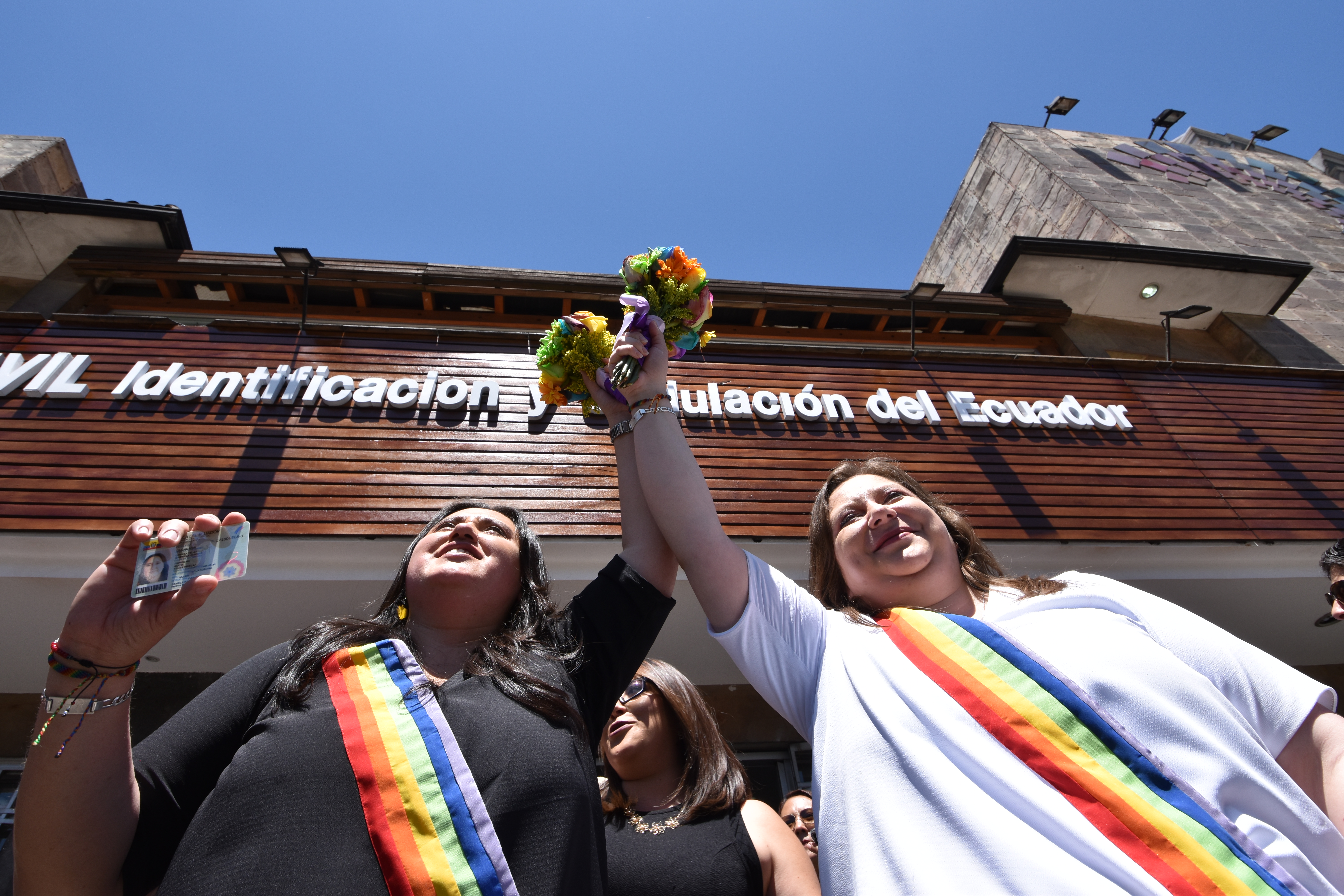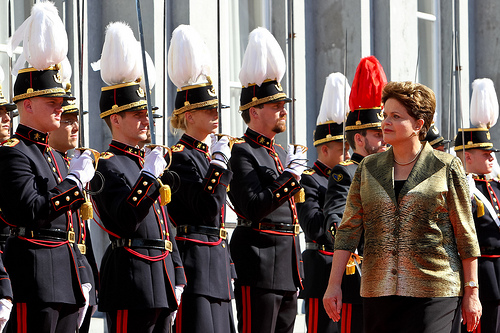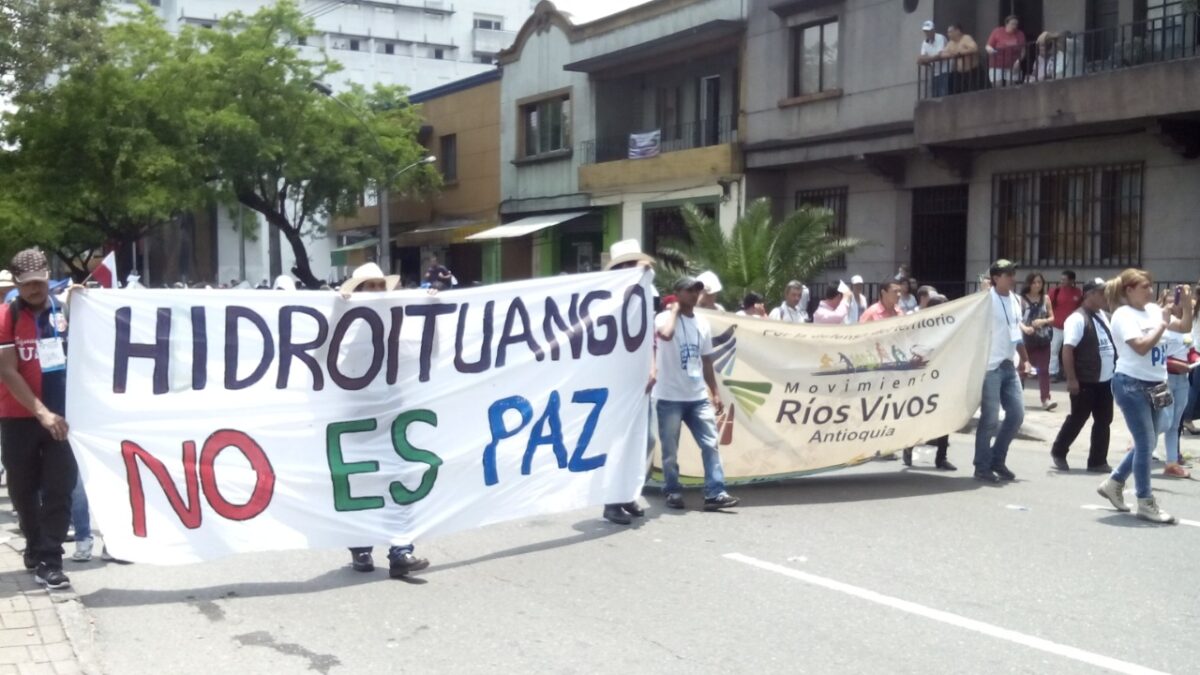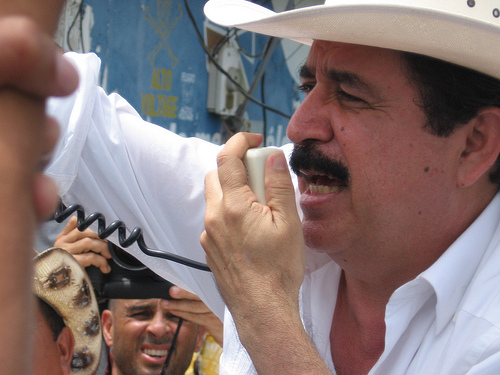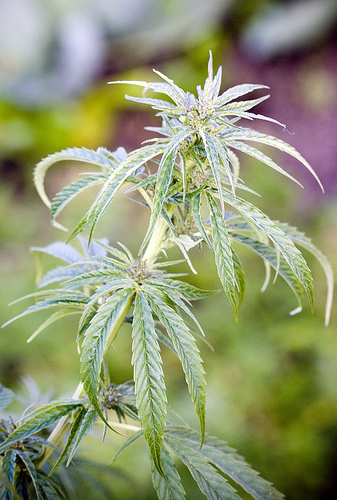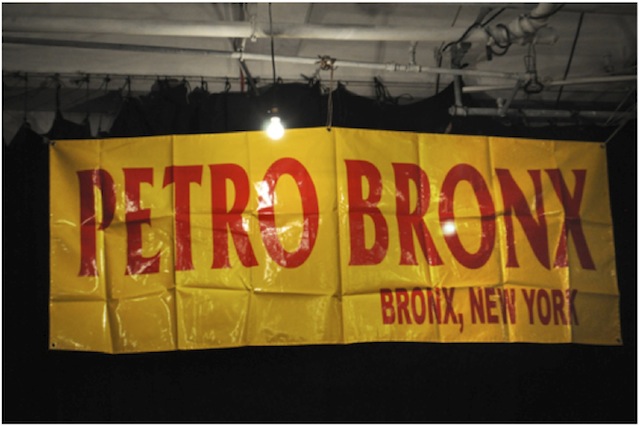
Andes, News Briefs, Venezuela
Hugo Chávez Heads Back To Cuba For Cancer Treatment; Delegates Some Authority
July 16, 2011 By Roque Planas
Venezuela’s National Assembly approved unanimously on Saturday a request from President Hugo Chávez to return to Cuba for chemotherapy for an unspecified period, in follow up treatment for a cancerous tumor that Cuban surgeons removed from the Venezuelan leader on June 10.
Chávez said Friday after a meeting with Peruvian President-elect Ollanta Humala he would ask the National Assembly for permission to travel to Cuba for cancer treatment. “This second phase will begin in the next days with the application of chemotherapy, scientifically planned, in detail,” Chávez said Friday.
Despite having one of the most polarized political environments in Latin America, the National Assembly approved the request unanimously in a special session called Saturday to discuss the issue. The Venezuelan Constitution requires the president to ask congress for approval to leave the country for more than five days.
“We express our desire for his swift recovery and his prompt return,” opposition politician Hiram Gaviria said during the session.
Political conflict continued to rage beneath the veneer of consensus as opposition politicians and chavistas exchanged hostile remarks stemming from a dispute over how to run the country in Chávez’s absence.
During Chávez’s three-week stay in Cuba when his cancer was discovered, he refused to delegate authority to Vice President Elías Jaua, as demanded by some opposition politicians. Instead, Chávez continued to run the country from a Havana hospital — signing decrees and sending orders, even as he disappeared from public view.
This time around, Chávez will cede some authority to Vice President Jaua and Jorge Giordani, the minister of planning and development — though Chávez stopped short of declaring an official leave of absence. Jaua will have the authority to emit decrees regulating public institutions and budget changes, Telesur reports. Jaua may also expropriate or forcefully acquire businesses, with Chávez’s authority.
In a another concession to the opposition, Chávez directed the courts to allow a group of jailed opposition politicians suffering from diseases including cancer to move to house arrest to receive medical treatment rather than remaining in prison.
The opposition refers to the jailed politicians as political prisoners, but Chávez says they are guilty of common crimes and not targeted for their political beliefs. (For the general contours of that recurring debate, see Amnesty International’s March 2011 report on human rights in Venezuela and Chávez supporter Eva Golinger’s 2010 piece denying the existence of political prisoners in Venezuela.)
The news that Chávez will travel to Cuba contradicts previous reports in the Brazilian press that Chávez would seek treatment in São Paulo, at the Sírio-Libanês private hospital, where Brazilian President Dilma Rousseff received treatment for lymphoma.
In a column published Saturday in Brazilian daily A Folha de São Paulo, Mônica Bergamo wrote that Venezuelan Foreign Minister Nicolás Maduro visited São Paulo on Friday and met with several doctors, including a cardiologist, an oncologist, a gastroenterologist and a urologist.
Image: chavezcandanga @ Flickr.
